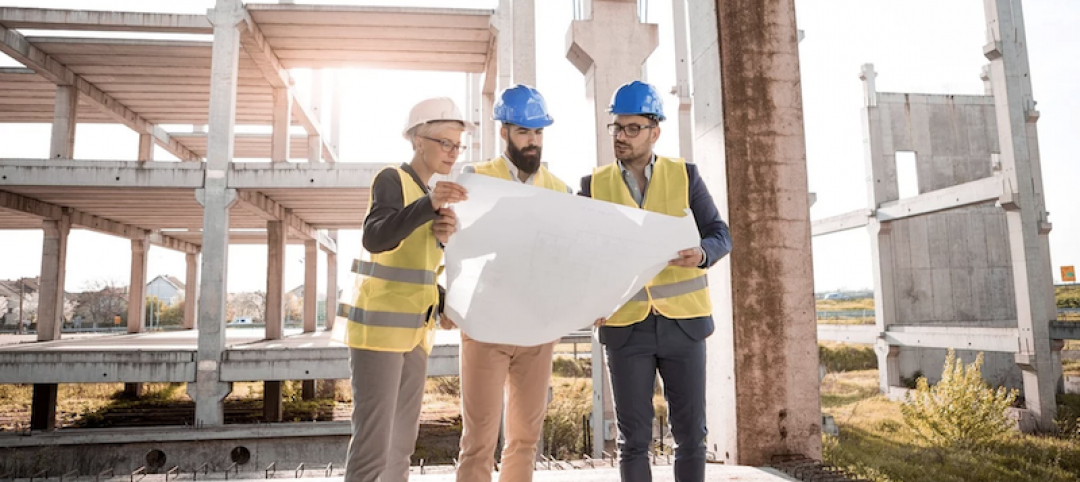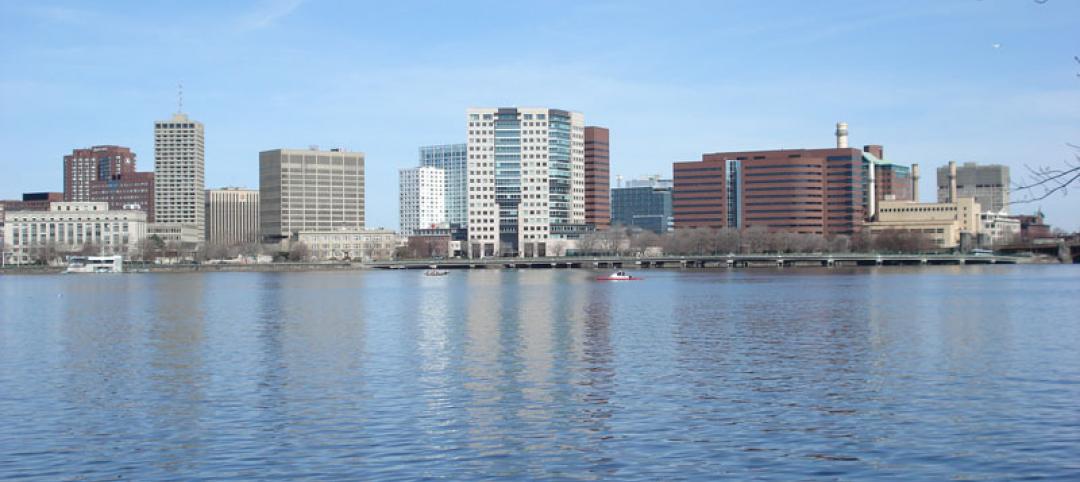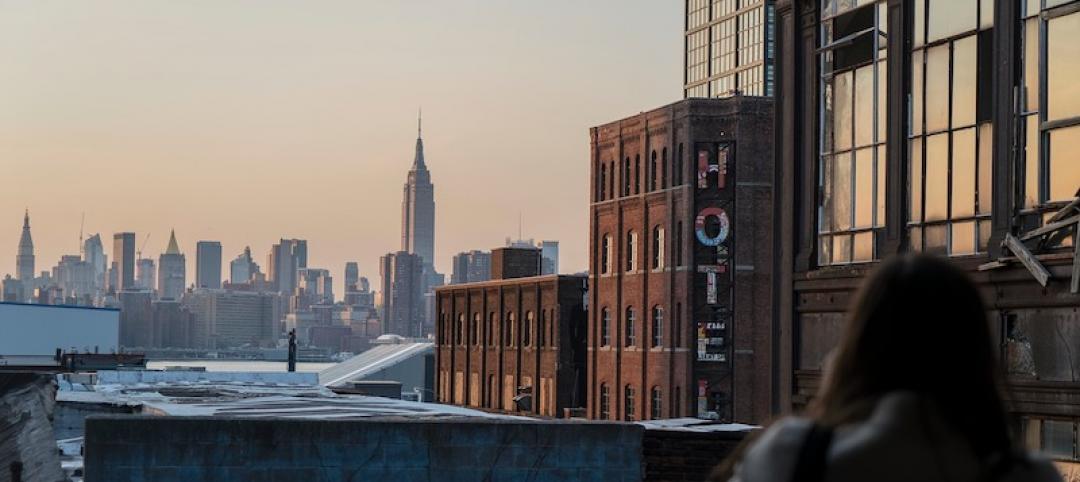Two years ago, a plan to create a smart city project along Toronto’s waterfront was unveiled with great fanfare.
Since then, the proposal, spearheaded by Sidewalk Labs, a subsidiary of Alphabet (Google’s parent company) has prompted extensive public criticism and a lawsuit by the Canadian Civil Liberties Association over data privacy and misuse concerns. The ambitious project was conceived as a showcase for the latest smart city technologies.
The project is to be centered on sustainable and safe transportation systems, and efficient and affordable housing. Technology such as “adaptive traffic lights” would prioritize cyclists and pedestrians and study the possibility of autonomous transit options. Innovative building materials and new occupancy models, like “co-housing”, would offer green, reasonably-priced housing.
With sensors tracking people and vehicles sprinkled throughout the development, privacy rights advocates are concerned that the data could be used for surveillance and discourage people to exercise free speech rights. It didn’t help that at public hearings Sidewalk Labs seemed unable to spell out where this data would be stored and how it would be used.
The company also presented a greatly expanded scope of the proposal from the original 12 acres to a 190-acre area at a public meeting, perhaps misreading the intent of the agreement with the city. These issues have caused delays to the project, but Waterfront Toronto, the city group overseeing it, recently voted to go forward with the 12-acre development.
Other smart city projects around the globe, including in South Korea and India, have been also been plagued by delays and controversies. These challenges indicate that making cities smarter will not be easy.
Related Stories
Codes and Standards | Nov 26, 2019
Updated ASHRAE standards focused on ventilation design, air quality in residential applications
Standard 62.1 and 62.2 updates provide new tables of ventilation rates per unit area.
Codes and Standards | Nov 25, 2019
Real estate professionals say coworking is not a flash in the pan
More than 60% say coworking space is in their portfolios.
Codes and Standards | Nov 22, 2019
Utility’s proposal threatens California’s rooftop solar mandate
Would allow customers to use solar farms instead of installing their own PVs.
Codes and Standards | Nov 21, 2019
Number of LEED commercial building projects surpasses 100,000
More than 2.6 million sf of space being certified each day.
Codes and Standards | Nov 19, 2019
Most U.S. voters support licensing standards for architects
NCARB survey shows strong support for architecture as a licensed profession.
Codes and Standards | Nov 18, 2019
Cambridge, Mass., teams up with utility on energy retrofit program
Buildings large than 25,000 sf targeted in initiative to further carbon neutrality goal.
Codes and Standards | Nov 13, 2019
Heat pumps, strategic energy management could be next major focuses for efficiency
After lighting, efficiency experts look to new opportunities to boost energy efficiency.
Codes and Standards | Nov 12, 2019
National Infrastructure Performance Council to address ‘national security crisis’
Coalition wants to double annual level of infrastructure investment.
Codes and Standards | Nov 11, 2019
Major cities are adopting new building performance standards
Initiatives can include multiple standards.
Codes and Standards | Nov 11, 2019
U.S. hotel construction pipeline continues its year-over-year growth
In its eighth consecutive quarter of growth, projects currently under construction stand at 1,729 projects/235,278 rooms.

















